|
to ask the Lord's blessing on our endeavors in Dallas, Texas from December 30th to January 2nd, 2017. Our time together as people from Western Bahr el Ghazal was serious work, but there was still plenty of time to catch up with old friends and make new ones. We elected a community chairman, Rabeh Dmibiti, to serve the community for the next four years. Then we worked on the WBeG USA by-laws which will make incorporation possible and allow us to apply for 501-3c status. We plan on opening our office this year! And after we worked, we danced! If you are from Western Bahr el Ghazal, please contact us (bazia@projectbazia.org) to join a very active South Sudanese diaspora community organization.
1 Comment
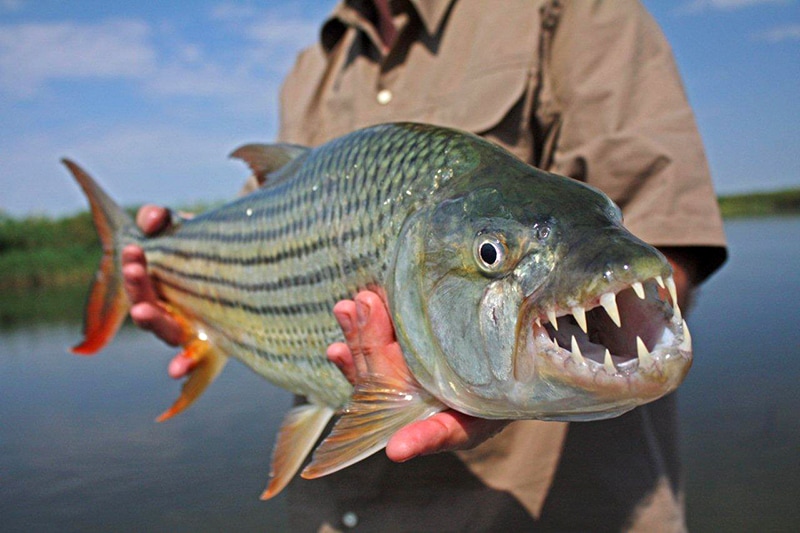 I am a member of the Balanda tribe. In the village of Bazia where I grew up, about fifty miles south of Wau, a story is told about repeated attempts by Dinka tribespeople to sell fish to our people in the marketplace. Now we Fertit (a name for non-Dinka tribes, including the Balanda), who live in this area like fish as much as anyone else and would have been happy to purchase these very fresh fish which had just been caught in the local river , but we had a one objection. You see, the river from which the fish were taken was a river that ran through our village where we Fertit lived. This was OUR RIVER. It was NOT Dinka territory. In essence, the Dinka were trying to sell us our own fish.
And we objected. I tell this story because it illustrates for me the underlying problem of our new Republic: most of the government leadership is in the hands of the largest ethnic group (or tribe) which compromises about 40% of the present population. These are the Dinka. That means that if the the remaining 63 tribes (60% of the population) united, they would become the majority. Yet daily headlines from South Sudan make it very clear that on a good day for the Fertit, their rights are ignored; on a bad day, their men are killed by Dinka government officials or the military with impunity, their women are raped, and their property destroyed. As the group in power, they have delayed scheduled elections and maintained their control by labeling all non-Dinkas as rebels. Who are these leaders in Juba who are running roughshod over the majority of the citizens they are supposed to serve? Why do they believe they have a right to do this? What can the citizens of South Sudan do to stop this? Who will protect us from annihilation? As a nation, South Sudan has been on a human rights watch for some time; what good is that doing us? I am not living in my homeland presently, but I belong to many South Sudanese diaspora community organizations, including Western Bahr el Ghazal and the Balanda Community USA, In these groups, in the social media, and in letters to my state Senators and Representatives, I raise my voice to JMEC, IGAD, UNMISS, and God. Please help us before we are annihilated. |
Categories
All
Archives |
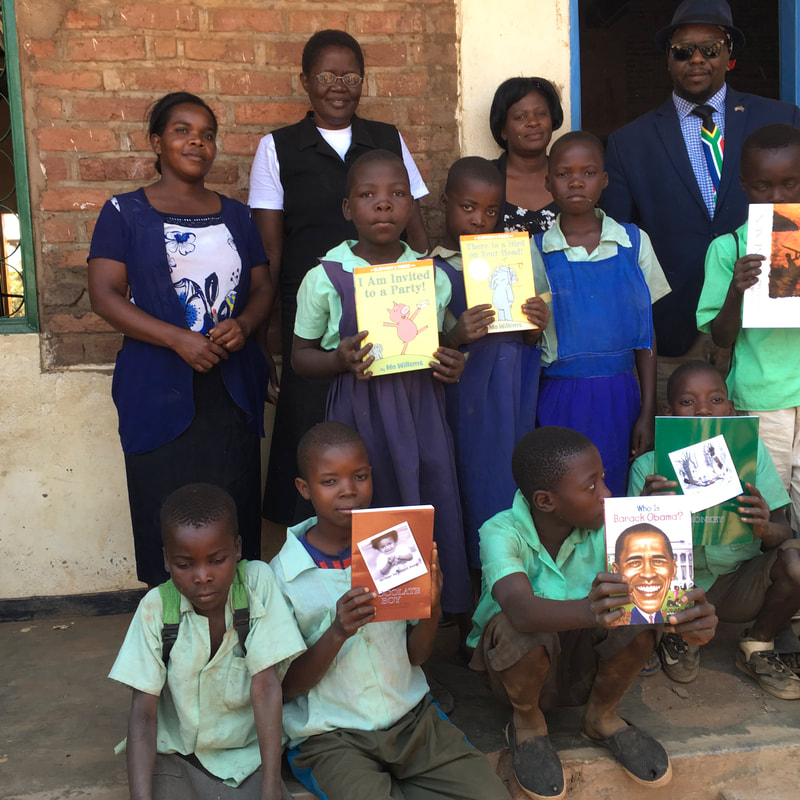
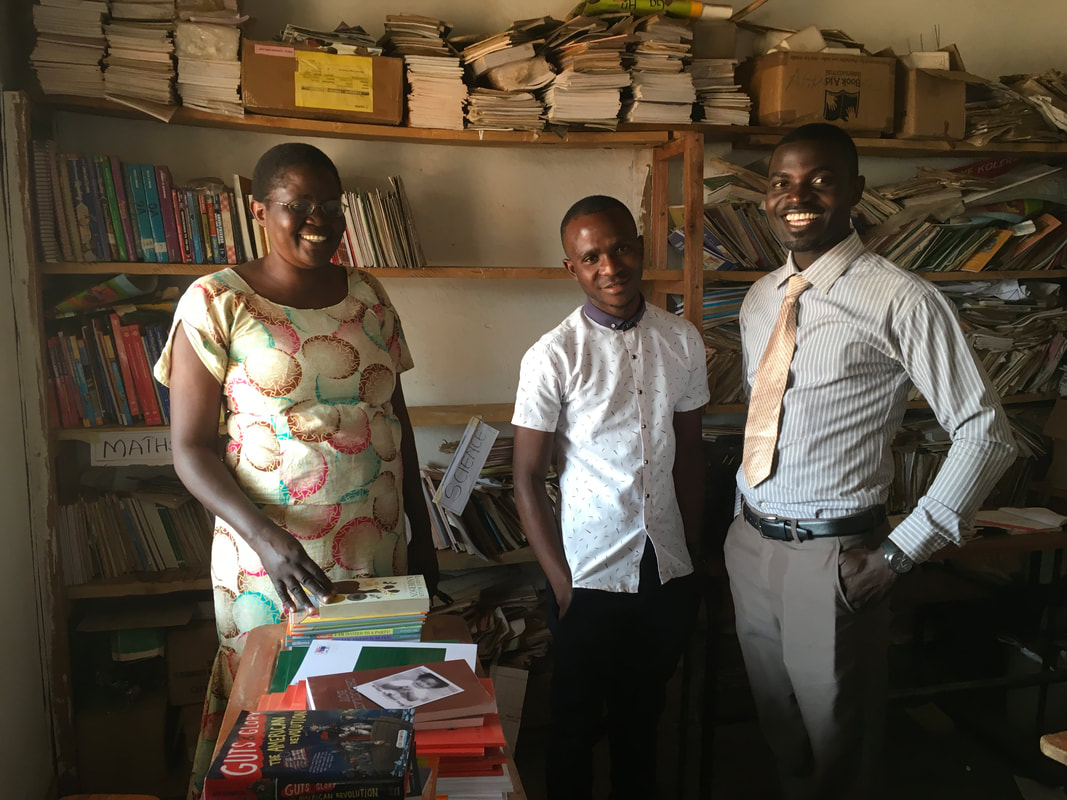
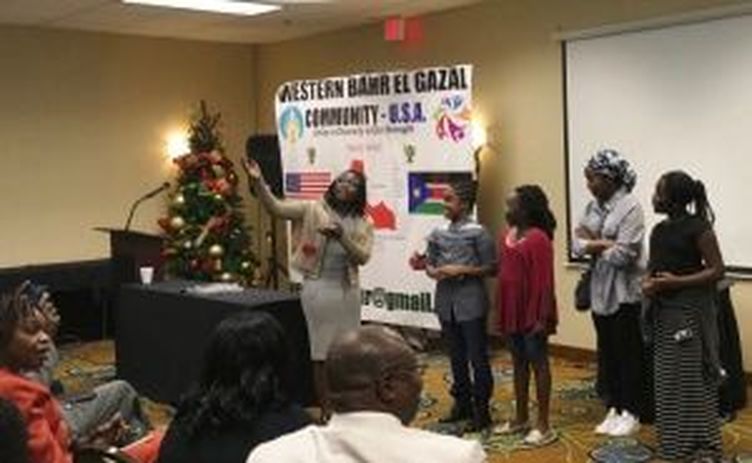
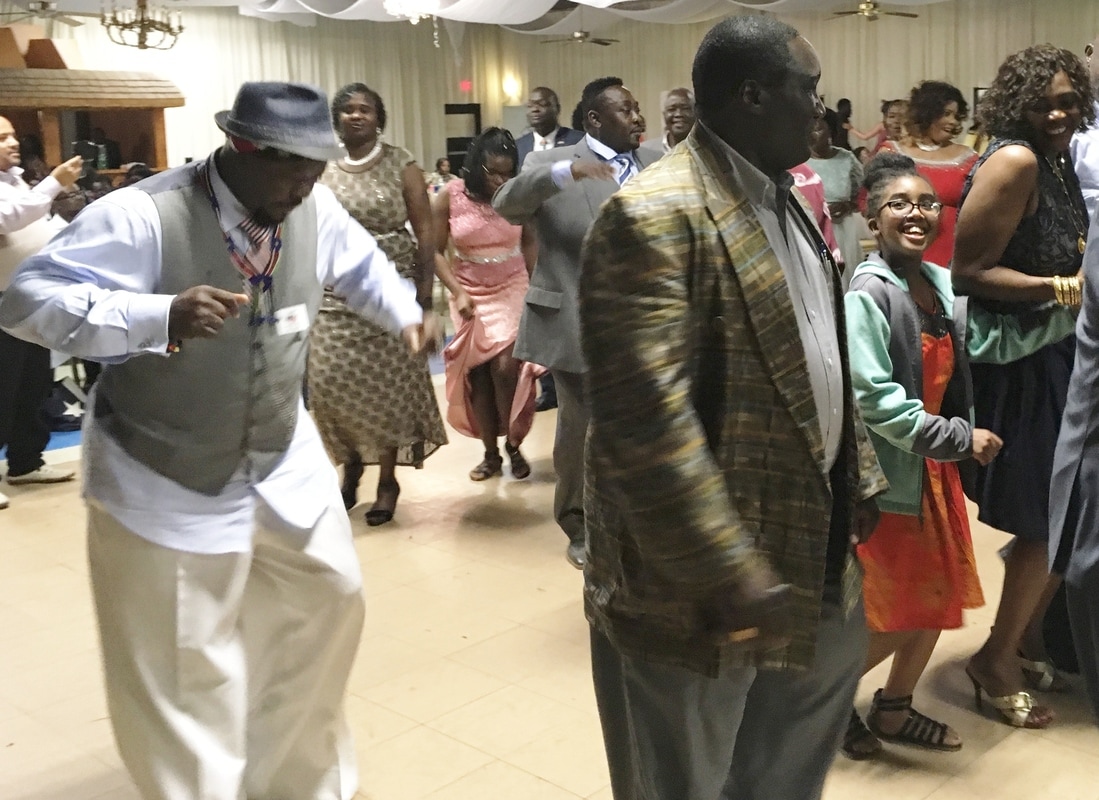
 RSS Feed
RSS Feed